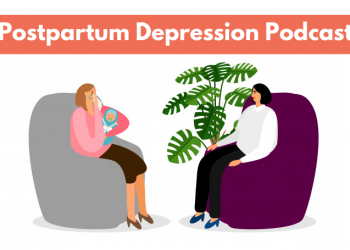How artificial sweeteners are affecting your unborn baby.

Animals exposed to aspartame during the prenatal period showed higher consumption of sweet foods and were at greater risk for increased glucose, LDL cholesterol and triglycerides. The study highlights that artificial sweeteners are found in thousands of products sold in the US, “including baby foods, frozen dinners and even yogurts.”
This is a preliminary study and the data suggests consumption of artificial sweeteners during pregnancy may have harmful long term effects.
The Research
Appetite. 2015 Apr;87:168-74. doi: 10.1016/j.appet.2014.12.213. Epub 2014 Dec 24.
Metabolic and feeding behavior alterations provoked by prenatal exposure to aspartame.
von Poser Toigo E1, Huffell AP2, Mota CS2, Bertolini D2, Pettenuzzo LF2, Dalmaz C2.
Abstract
The use of artificial sweeteners has increased together with the epidemic growth of obesity. In addition to their widespread use in sodas, artificial sweeteners are added to nearly 6000 other products sold in the US, including baby foods, frozen dinners and even yogurts. It has been suggested that the use of nonnutritive sweeteners can lead to body weight gain and an altered metabolic profile. However, very few studies have evaluated the effects of maternal consumption of artificial non-caloric sweeteners on body weight, feeding behavior or the metabolism of offspring in adult life. In this study, we found that animals exposed to aspartame during the prenatal period presented a higher consumption of sweet foods during adulthood and a greater susceptibility to alterations in metabolic parameters, such as increased glucose, LDL and triglycerides. These effects were observed in both males and females, although they were more pronounced in males. Despite the preliminary nature of this study, and the need for further confirmation of these effects, our data suggest that the consumption of sweeteners during gestation may have deleterious long-term effects and should be used with caution.











